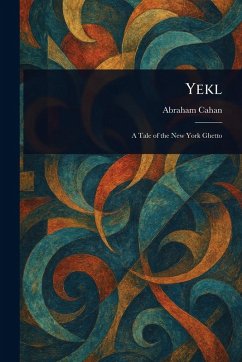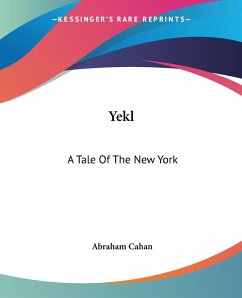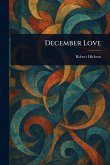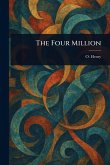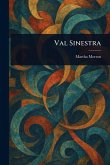Abraham Cahan's "Yekl: A tale of the New York ghetto" offers a compelling glimpse into the lives of Jewish immigrants at the turn of the century. Set against the backdrop of New York City, this work of social realism explores the challenges of assimilation and the vibrant, complex world of ghetto life. Cahan masterfully portrays the struggles and triumphs of a community caught between the traditions of the old world and the allure of the new. "Yekl" delves into themes of cultural identity and the immigrant experience. A poignant story of displacement and adaptation, this novel resonates with timeless themes of belonging and the search for a better life. Its historical significance makes it a valuable exploration of Jewish life in early 20th-century America. This work has been selected by scholars as being culturally important, and is part of the knowledge base of civilization as we know it. This work is in the public domain in the United States of America, and possibly other nations. Within the United States, you may freely copy and distribute this work, as no entity (individual or corporate) has a copyright on the body of the work. Scholars believe, and we concur, that this work is important enough to be preserved, reproduced, and made generally available to the public. We appreciate your support of the preservation process, and thank you for being an important part of keeping this knowledge alive and relevant.
Bitte wählen Sie Ihr Anliegen aus.
Rechnungen
Retourenschein anfordern
Bestellstatus
Storno

